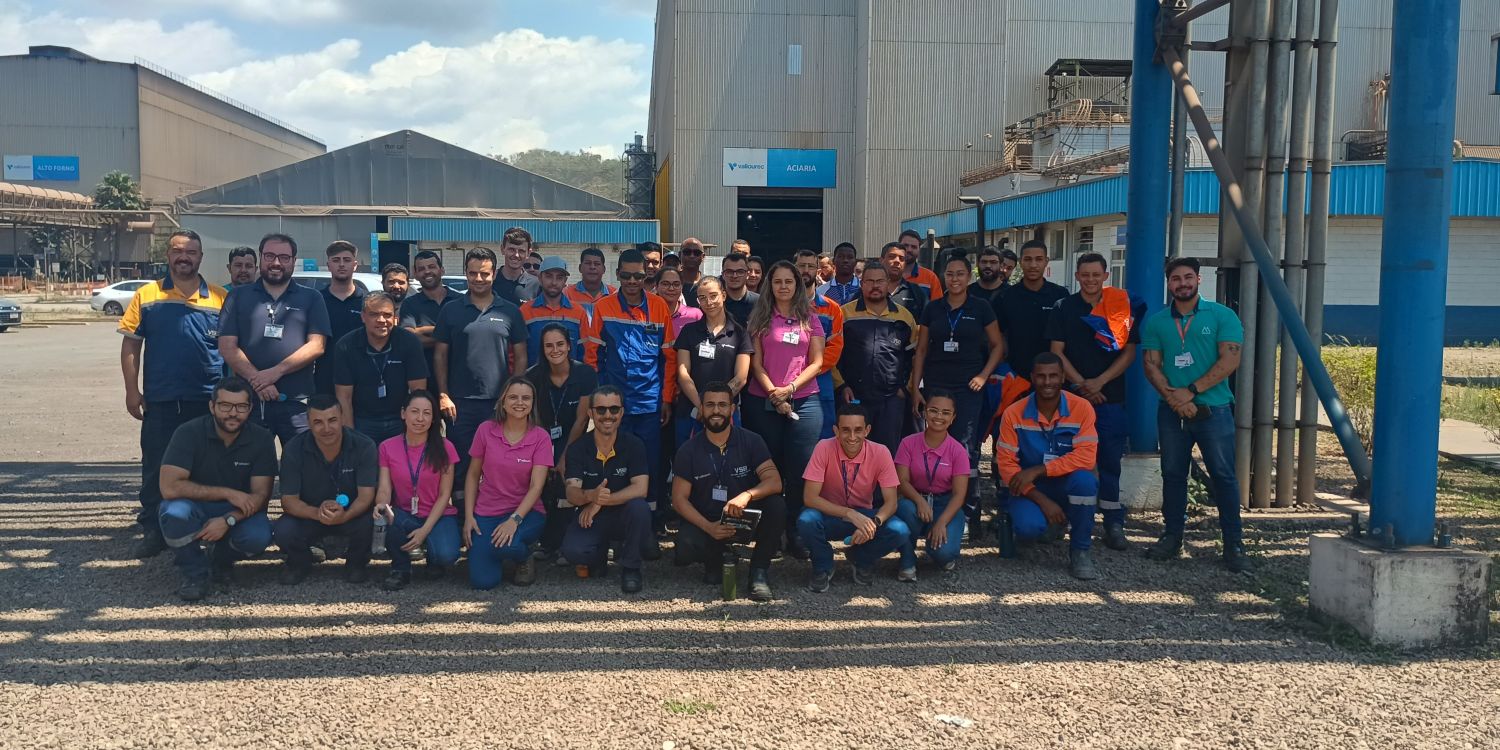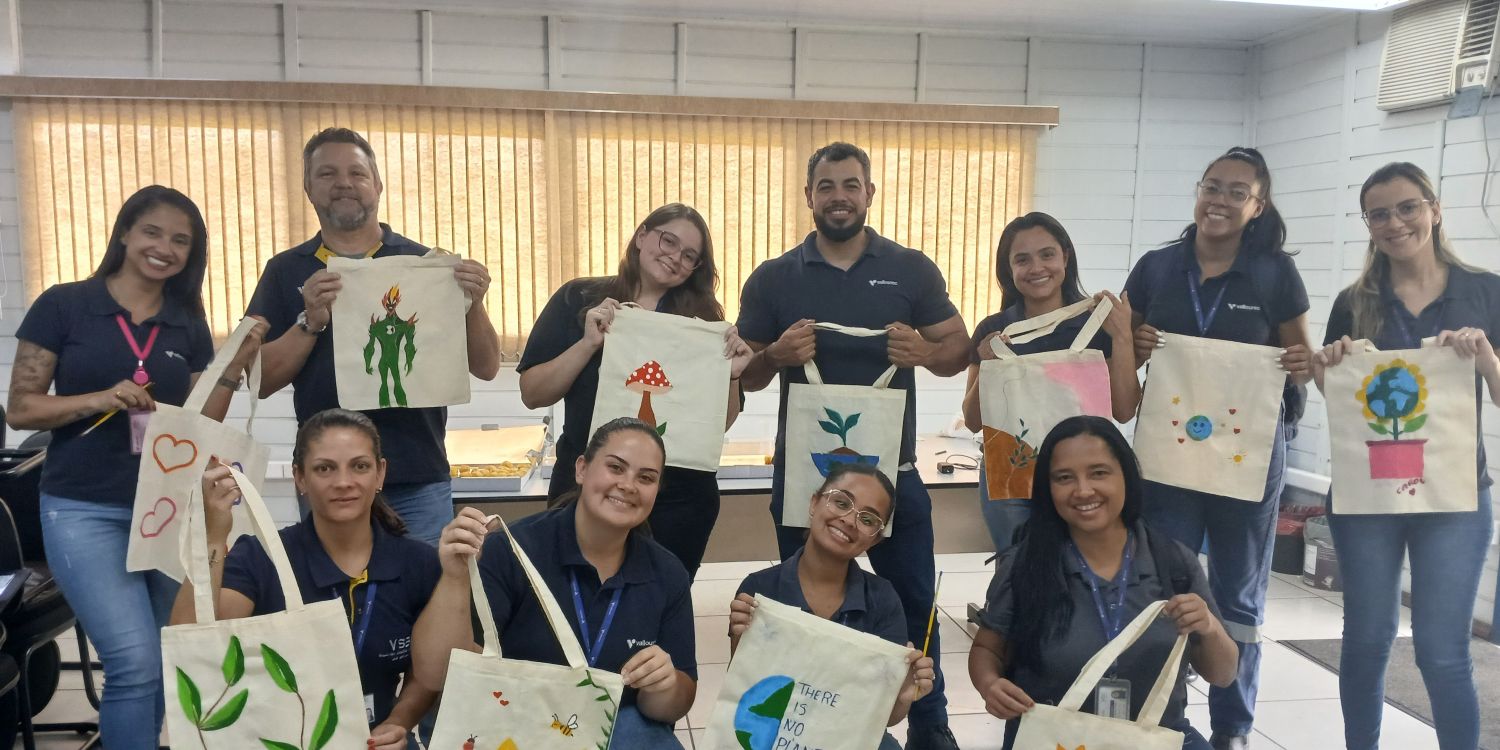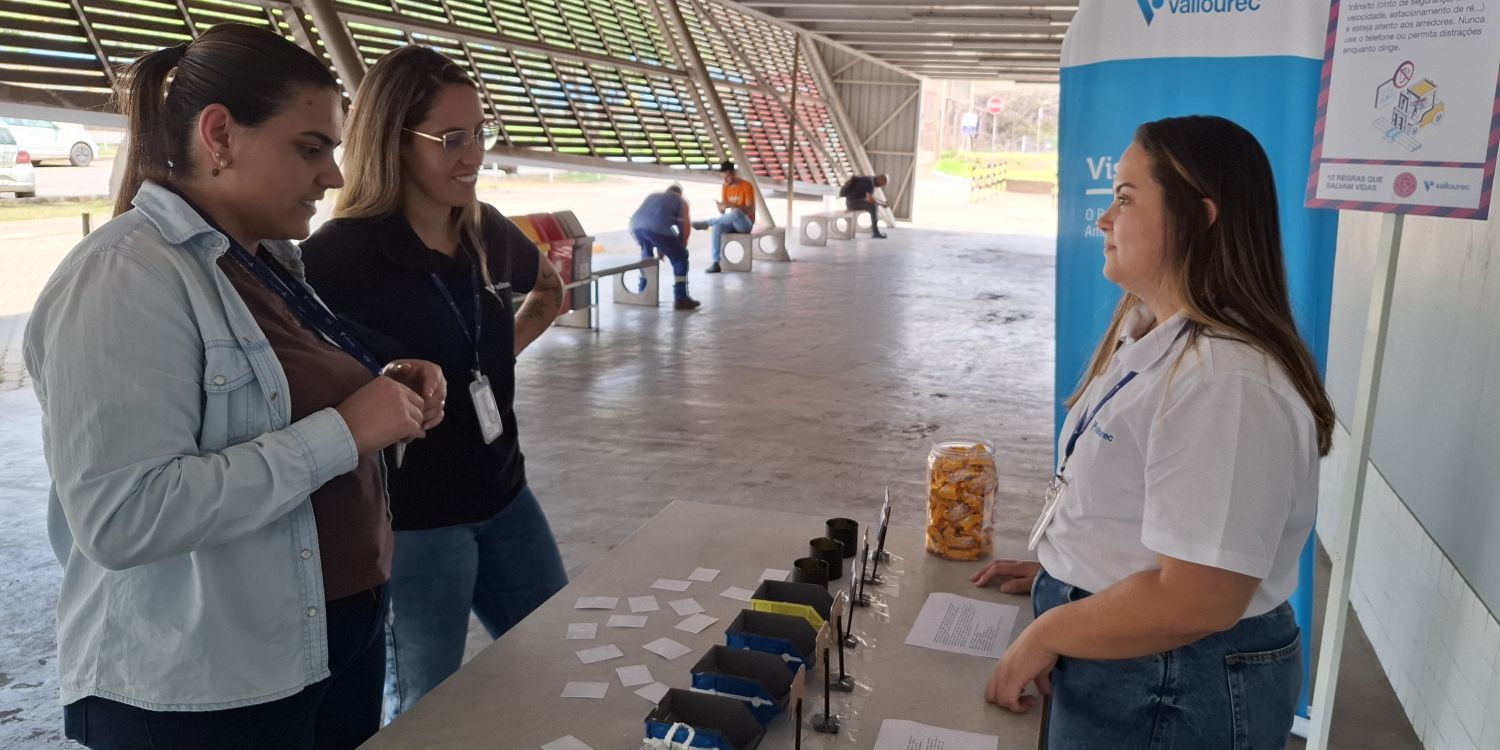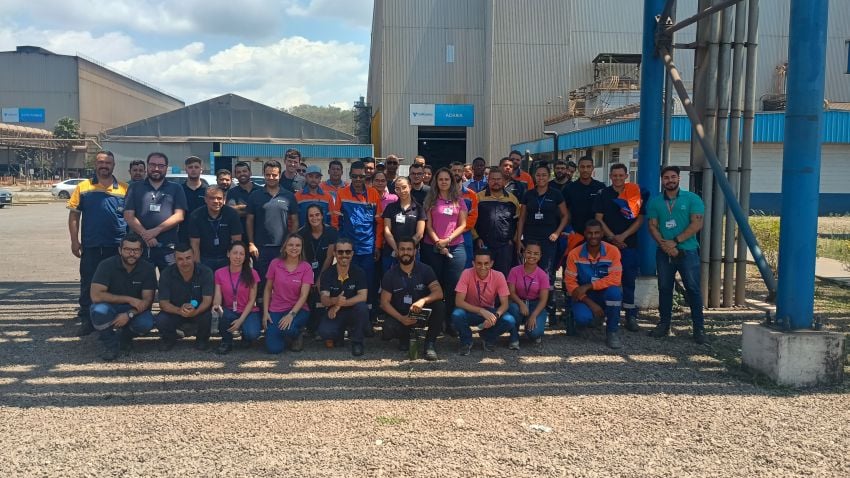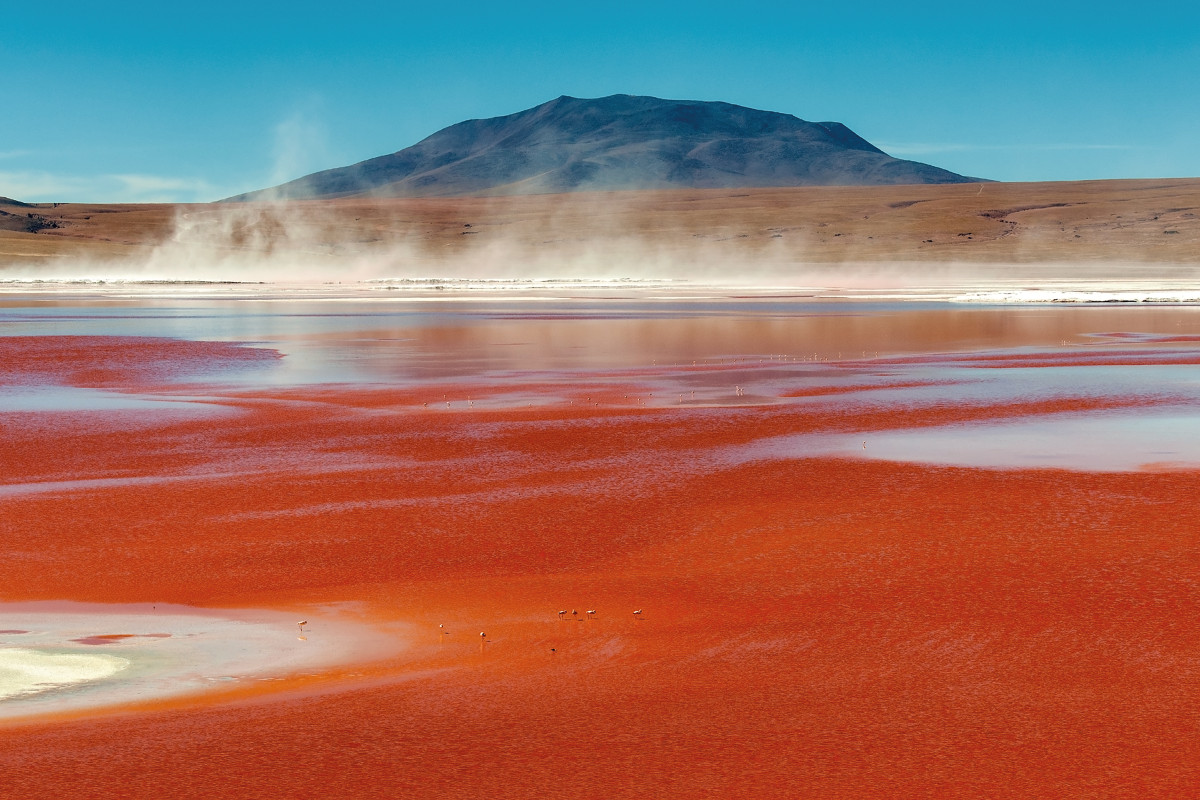Industrial Waste Management: A Shared Responsibility
Every day, our activities generate waste. But behind these leftovers lies an opportunity: to reduce our environmental impact, create value, and contribute to a circular economy. At Vallourec, waste management is not just a regulatory obligation—it’s a collective commitment to a more sustainable future. Discover how Vallourec South America turns this challenge into a driver of responsibility and innovation.
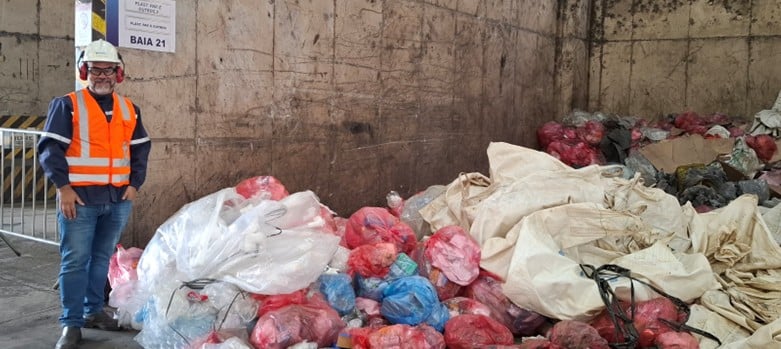
Industrial waste refers to materials discarded after production processes. They include leftover raw materials, packaging contaminated with oil or grease, paint cans, used personal protective equipment (PPE), and contaminated fabrics. Many of these wastes can be reused or recycled, reducing environmental impacts and contributing to a more circular economy.
At Vallourec, waste follows a well-defined path: it is segregated and stored in approved containers, collected and transported internally, stored in batches, and finally shipped for final disposal. This final destination may include landfilling, co-processing, incineration, treatment, commercialization, reuse, or recycling — always in accordance with the characteristics of each material.
The goal in Vallourec South America is clear: minimize landfill disposal as much as possible
Beyond the industrial scope
Each employee plays a key role: properly separating materials, preventing contamination, and following disposal guidelines. Small everyday actions make a big difference and help turn waste into opportunities.
Beyond the industrial environment, conscious consumption should also be part of our personal routines. That is why it is essential to balance our needs with the impacts of our choices. Conscious consumption is not just about buying less — it means choosing better, using responsibly, and disposing of properly.
Interview | Co-products and the Journey of Waste
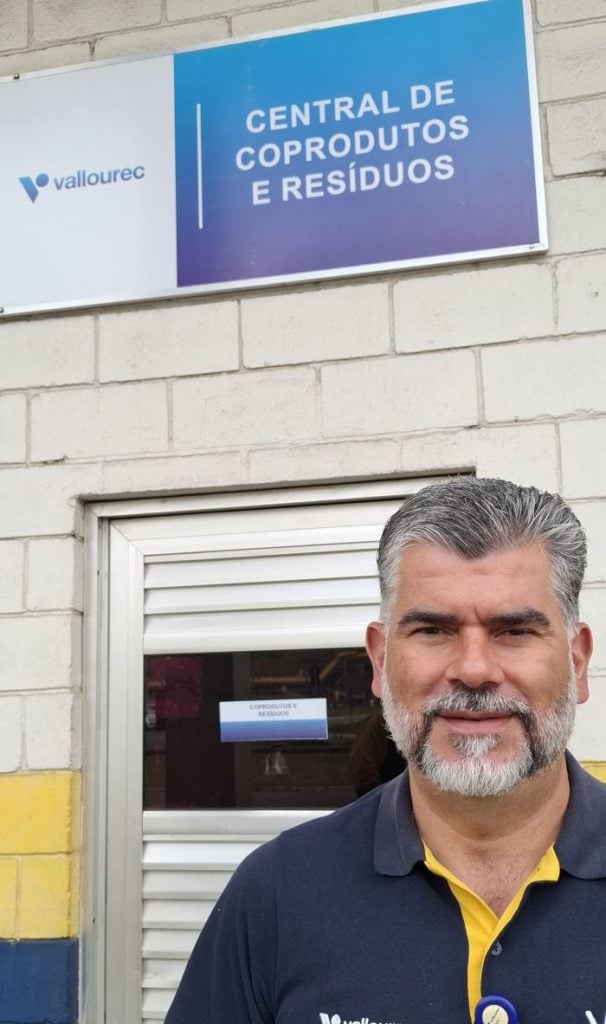
Alex Moreira, Engineer from the Co-products Department at Vallourec South America, shares Vallourec’s main concerns and challenges in waste management.
What is the process for waste disposal and treatment at Vallourec?
We carry out the collection using cages and PICs, and we also receive waste from some generating areas directly at the waste centers, properly segregated and identified.
The Co-products Department works to identify qualified companies capable of reusing this waste in their production processes. These companies are pre-approved in compliance with all environmental regulations, and only then is the commercialization carried out.
Waste or co-products that cannot be feasibly reused, or that are mixed, are sent to licensed industrial landfills.
What is the impact of proper waste segregation at the generating area on the Co-products Department and the final disposal process?
Segregation at all stages is a fundamental element and one of the key conditions for successful waste management. Mixing one type of waste with others can increase costs or even make reuse, recycling, or treatment unfeasible. With proper segregation, we generate increased revenue and reduced landfill disposal, which directly impacts the recycling rate.
What positive impact is generated for cooperatives and society through Vallourec’s effective waste management?
There are two positive impacts: environmental and financial, generating both revenue and employment opportunities for the region. The cooperatives carry out very important work, such as producing brooms from PET bottles and recycling paper and cardboard.
What are the main challenges faced by the Co-products Department?
When we receive materials properly separated and identified, we are able to add value, promote recycling and reuse, and significantly reduce the costs associated with disposal in controlled landfills. It is important to emphasize that this responsibility begins at the moment of disposal. We should not rely on the idea that someone else will sort it later. The person who generates the waste must ensure that it is disposed of properly.
Conscious Consumption Week
October 15 is celebrated as Conscious Consumption Day in Brazil — a date that invites us to reflect on how our consumption and disposal habits impact the planet. From October 13 to 17, the Environmental Team carried out several initiatives to reinforce the theme among employees from South America:
The way we handle waste today builds the sustainable future we want. With innovation, responsibility, and collaboration, we can create a smarter cycle between raw materials and waste.
